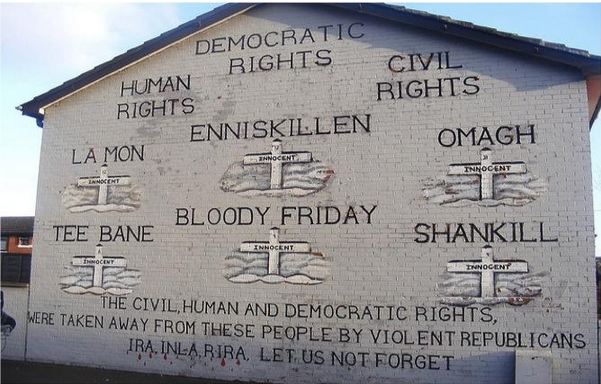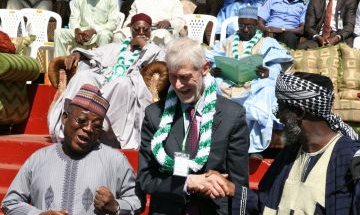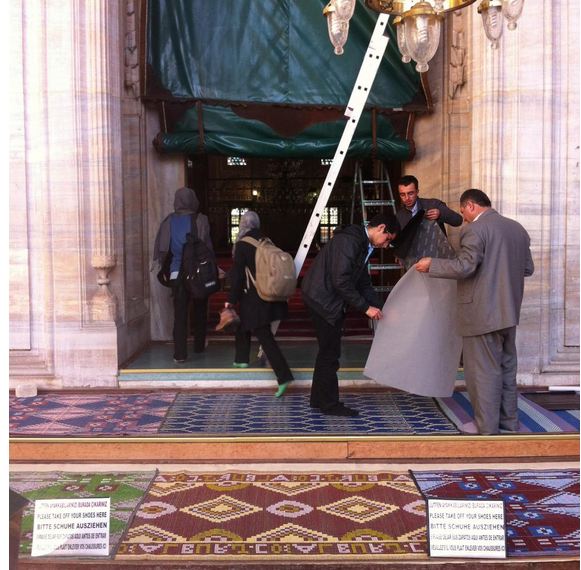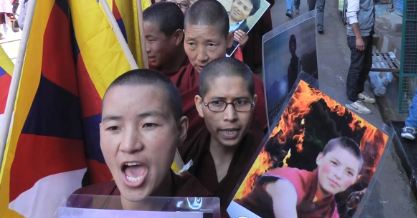Through the lens of the prevailing mainstream news media narrative, religious movements tend to be either completely invisible or distorted in order to play up violence and sensationalism. This complaint has appeared countless times in the USC Knight Chair blog, and for that reason the gripe would be tedious if the problem it laments weren’t so damnably persistent.
Take, for example, a pair of recent New York Times stories on current events in Myanmar. Last month the Times warned of an uptick in the anti-Muslim violence that has threatened to derail the country’s democratic and economic reforms. The primary agent of unrest—a monk named Ashin Wirathu—has spun the political capital of the Saffron Revolution into a nationalist crusade against the country’s tiny and largely impoverished Muslim minority.
Yet this week, in a Times article on dramatic changes in Myanmar’s commercial culture, efforts to economically marginalize non-Buddhists through the 969 Campaign received not a single line of analysis. This omission is all the more stunning for the fact that “969” branding is rife among the very peddlers and shopkeepers at the center of the story’s frame.
Obliviousness to the influence of religion on developments in politics, economics and other elements of culture is one aspect of the problem at hand. Another is a narrow focus on religious actors who prosper from conflict. Wirathu’s novelty as a Buddhist bad-boy has inspired breathless headlines like “Burma’s ‘bin Laden of Buddhism’” and “The Face of Buddhist Terror.” To their credit, Global Post (which has produced a series of stories on contemporary Myanmar) and the BBC have complicated this picture, most notably by offering contrary perspectives from monastic 969 dissenters like Kaylar Sa and U Nyarnisara as well as from Nobel laureate Aung San Suu Kyi. But, unfortunately, the narrow frame and distorted focus of the Times pieces come closer to typifying wider coverage of this story.
What’s the present nature of the power-play between Myanmar’s monastic elite and its gradually retiring junta? How are these shifting dynamics affecting the country’s economic and political transformation? Are other dissenting monastic voices speaking out against Wirathu and the 969 Campaign? What are the Dharma-related issues at stake, and how does this complexity play out in lay religious life? It’s not impossible to find answers to these obvious questions in news media coverage from Southeast Asia, but it’s far more difficult than it should be.








